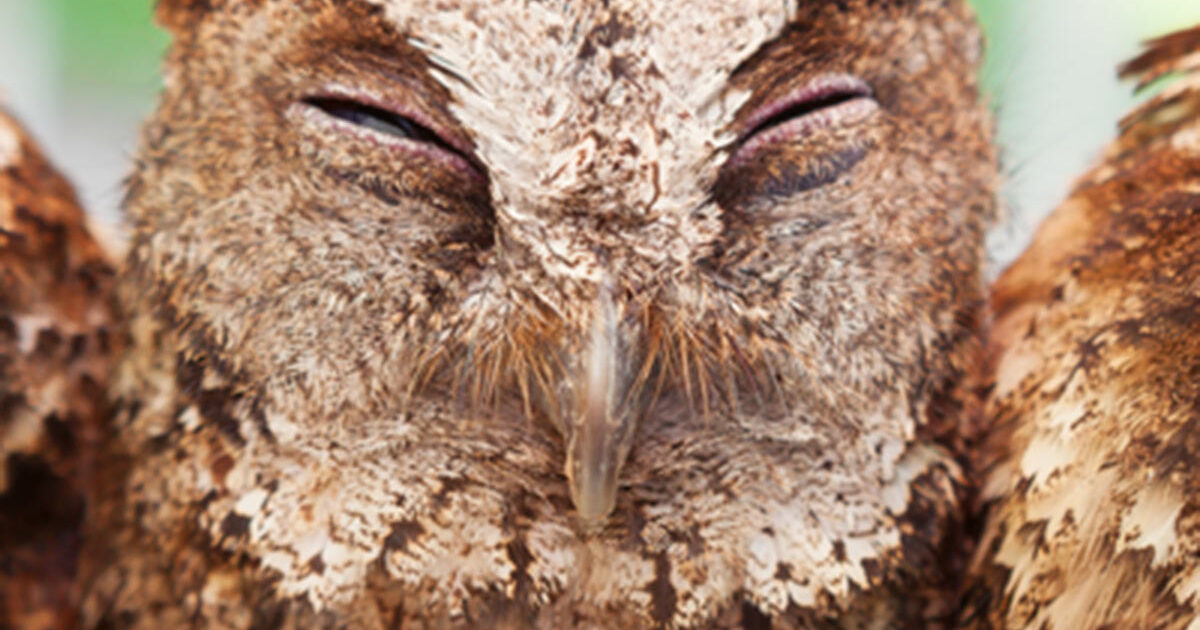There is an old proverb that says “Early to bed, early to rise makes a man healthy, wealthy and wise”. Back in 1885 when Benjamin Franklin first wrote the saying in his book on sleep many people believed it to be true, and some people still live by it today. In those days anyone who slept in was seen as being lazy and a wastrel. But times have changed, and with it we have gained the knowledge that everybody and every-BODY is different.
Science refers to your natural pattern as an early bird or a night owl as your Chronotype. Early risers tend to think night owls waste the best part of the day (Early risers are often most productive in the morning), and Night owls report they experience creative bursts of energy into the evenings.
Being one extreme or another is quite rare and most of us lie somewhere in between the night owl and morning bird. You may think you are on the extreme end, but there are lifestyle factors that may also be pushing your sleep patterns out of whack. On top of this everyone has different sleep requirements, with some only needing 6 hours of sleep per night to wake bright eyed and bushy tailed, and others needing closer to 9 hours.
How can you make the most of your inner night owl or morning lark at work?
- If you are a morning person, you’ll be most productive first thing, so maximise the amount of work you do then. Talk to your boss to see if you could come to work earlier and leave a bit earlier. Not all of us have such a flexible workplace that would allow this, but if you don’t mind putting in an extra hour or two come in early anyway and you’ll notice a difference in your overall productivity at the end of the week.
- Likewise if you are a night owl, you’re most productive in the evening so ask if you can get to work later and leave later. Alternatively work from home for a couple of hours in the evening.
- Schedule meetings towards the most productive part of your day.
- Do less demanding/admin tasks in the least productive part of your day.
- Night owls can try getting some exercise first thing in the morning. It may be hell-ish getting yourself out of bed, but the exercise will wake you up and shake you out of that sleepy state, helping you be more alert by the time you get to work. Exercise will also give you a serotonin boost (our natural happy-hormone), so get ready to transform from the office grinch to the one who bursts in smiling at everybody and wishing them a good morning.
- Certain foods are thought to help your body produce and regulate melatonin. Melatonin is a hormone produced by all animals that helps to regulate sleep. As we get older we also produce less Melatonin which is why older people sleep less than young people and very old people may not sleep much at all.
Try adding the following Melatonin-containing foods to your diet:
- Pineapple
- Bananas
- Oranges
- Oats
- Sweetcorn
- Rice
- Tomatoes
- If you struggle to get work done in the morning, try turning off your phone and TVs at 10pm to minimise your exposure to the artificial blue light that is known to mess with your sleep cycle.
- Also try getting up as soon as your alarm goes off. Getting into a habit of pressing the snooze button is a slippery slope and can make you feel like you haven’t had a full nights sleep the next day. Try turning your bedside light on as soon as your alarm goes off, or sleep with your curtains open so that the natural light helps to wake you. You’ll find this will also give you more time to get ready in the mornings so you arrive at work looking your best and feeling prepared to take on the days challenges.
Not sure where you lie compared to everyone else?
Large scale, long term sleep studies have helped scientists understand how biological clocks work and have resulted in the Munich ChronoType Questionnaire (MCTQ). The MCTQ asks questions about sleep and circadian rhythms, then categorizes each participant determine what type of sleeper each person is.
Take the Munich ChronoType Questionnaire here and find out what chronotype you are.
